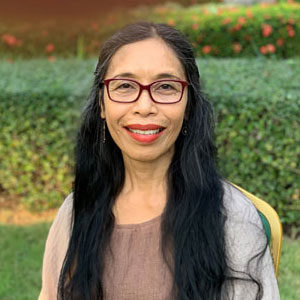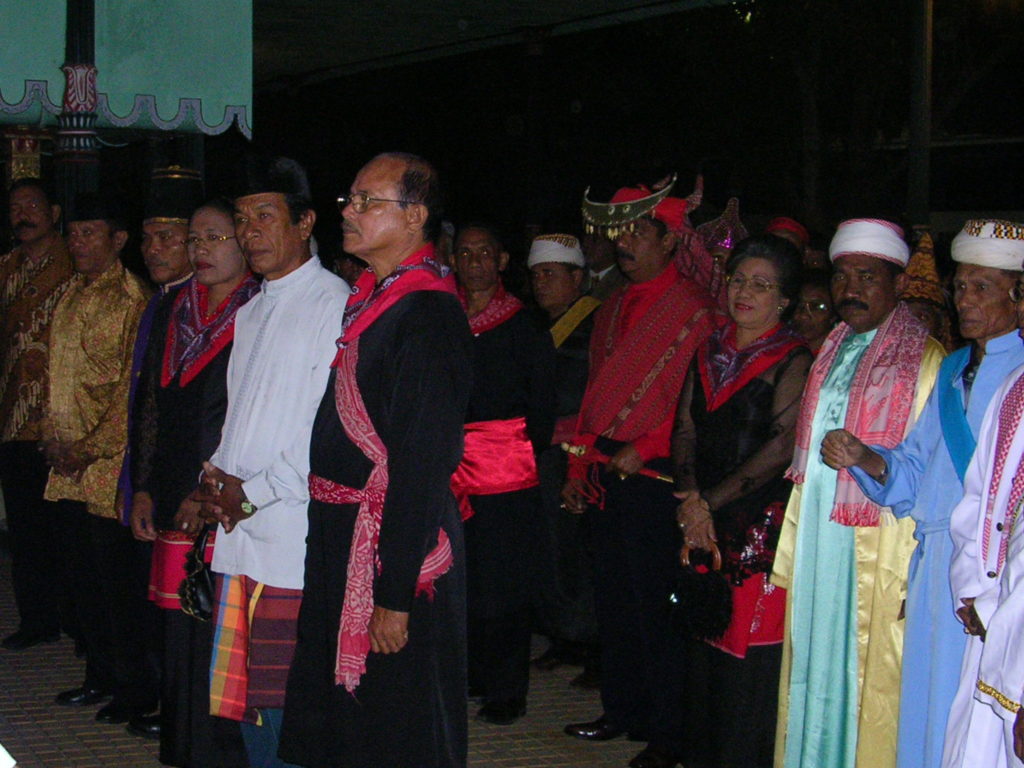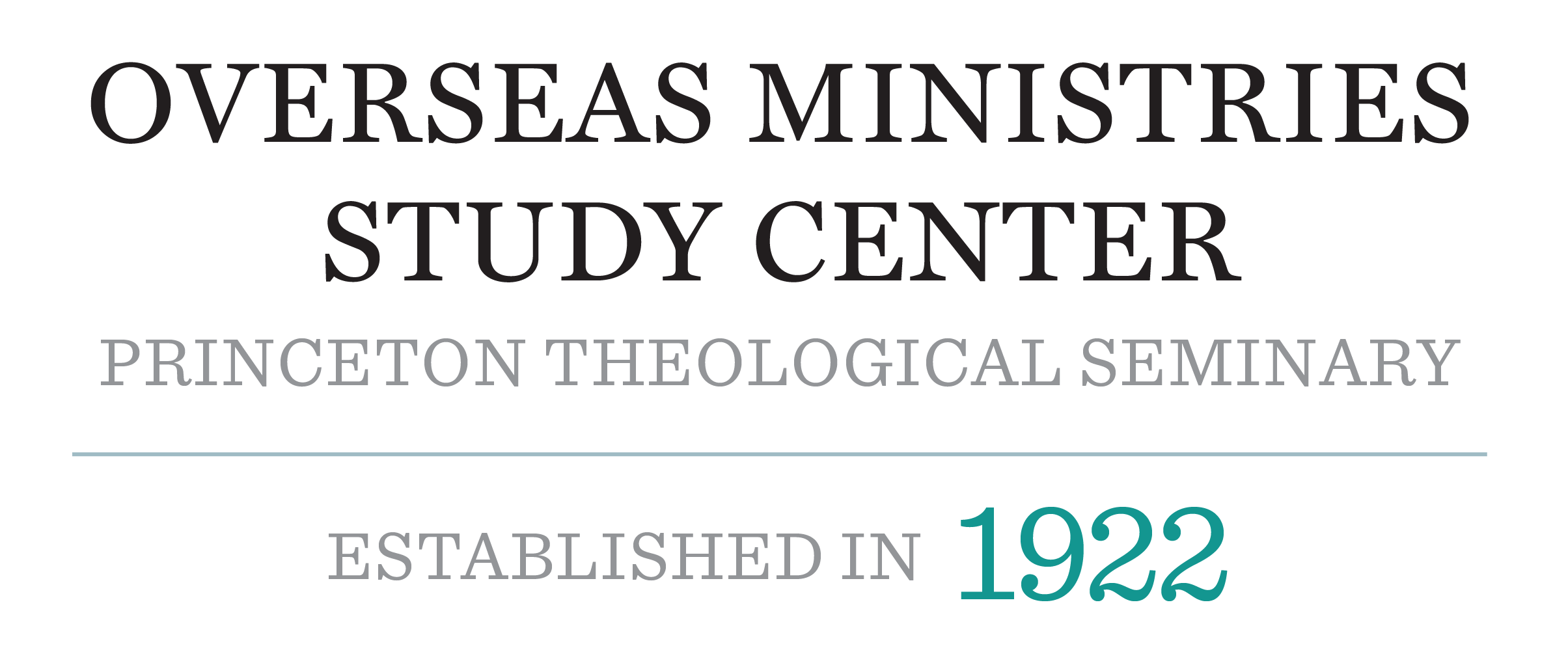By Farsijana Adeney-Risakotta Ph.D – OMSC@PTS Global Partner 2022-23

Editor’s Note: This week’s post is written by one of OMSC@PTS’s 2022-23 global partners, Dr. Farsijana Adeney-Risakotta. During her residence here at Princeton, she is doing research on global historical interactions and their influence on contemporary Christian-Muslim interfaith relations and sustainable development in Indonesia. In this post, Farsijana highlights a discovery that ties her research and personal life together – the Dutch colonial connections between Princeton, where she is currently residing, the Netherlands, where she once did her doctoral research, and the Spice Islands of Indonesia where she continues to serve local communities.
Curious to learn more about Farsijana’s work? You can access a copy of her dissertation here: “Politics, Ritual, and Identity in Indonesia: A Moluccan History of Religion and Social Conflict“
Celebrating 100 years, the Overseas Ministries Studies Center (OMSC) recently joined Princeton Theological Seminary (PTS). PTS was founded in 1812 while neighboring Princeton University was conceived in 1746. Princeton University is older than the United States which became independent in 1776.
Princeton is a city in the state of New Jersey, the third state to join the United States. But before New Jersey declared her independence from Britain, it was part of what was called New Netherlands. In addition to New Jersey, New Netherlands included Delaware, parts of New York, and Connecticut.
Beginning in 1620, the Dutch colonized and governed the region of New Netherlands. In 1667, the Breda Treaty ended the war between the Netherlands and England regarding global trade routes. Part of the treaty was a territorial exchange. The Dutch traded New Amsterdam for the island of Banda in the south Maluku archipelago in Indonesia, which the British called the Spice Islands. Banda is a volcanic island with rich soil where wild plants of nutmeg (myristica fragrans) grew. At that time, spices like nutmeg and mace were more expensive than gold.
New Amsterdam became New York and it turns out Connecticut takes pride in the nickname, “the Nutmeg state.” In New York City I found traces of the Netherlands on the pillars of the subway tracks. In Princeton, I discovered Dutch presence on the buildings of the main street named after the famous aristocratic Dutch family, the Nassaus.
All of this reminded me of when I was at the Amsterdam Institute for Social Science Research (AISSR) during my Ph.D. studies from 1998-2003. My research proposal was approved by the AISSR director in the famous Oost-Indisch Huis (East India House) in the center of Amsterdam. Built in the 17th -18th century, the building served as the offices of the Vereenigde Oostindische Compagnie (Dutch East India Company). The approval of this research project led me to a year of field research in North Maluku, part of the Spice Islands.

I am now here at OMSC this year to research and write on a topic that I have been struggling with: the encounter between Islam and Christianity in Indonesia and their cooperation for sustainable development. Part of the story is economic competition. A year after the Portuguese conquered Malacca in 1511, they sailed to North Maluku, and the islands of Ternate, Tidore, Moti, and Makian. These islands were all filled with wild clove plants (caryophyllum), which was worth as much as nutmeg. After 68 years in the Maluku islands, the Portuguese were expelled by the joint efforts of natives and Dutch traders. The Portuguese left behind Catholic congregations on the island of Ambon and the Dutch proceeded to convert them to Protestantism. Protestant churches were thus introduced to Maluku in 1605 and the Dutch proceeded to rule Indonesia for 350 years.
Prior to the independence of Indonesia in 1945, the Dutch government sought to recognize local people’s right to religious freedom. The Dutch permitted Islamic leaders to build the Islamic Union, a cooperative-based trading organization. Its profit-sharing followed principles of justice according to Islamic Sharia Law.
It is both fun and meaningful to discover global historical connections between my home, my research, and my life. This research is a long and winding journey. Princeton has been an amazing harbor for completing my research on sustainable development, Islamic Sharia and the church in Indonesia. Here I can explore and employ ethnographic, historical, and practical theology approaches in conversation with many friends and scholars.
Learn more about Farsijana’s experiences here at OMSC@PTS in this short video interview:




